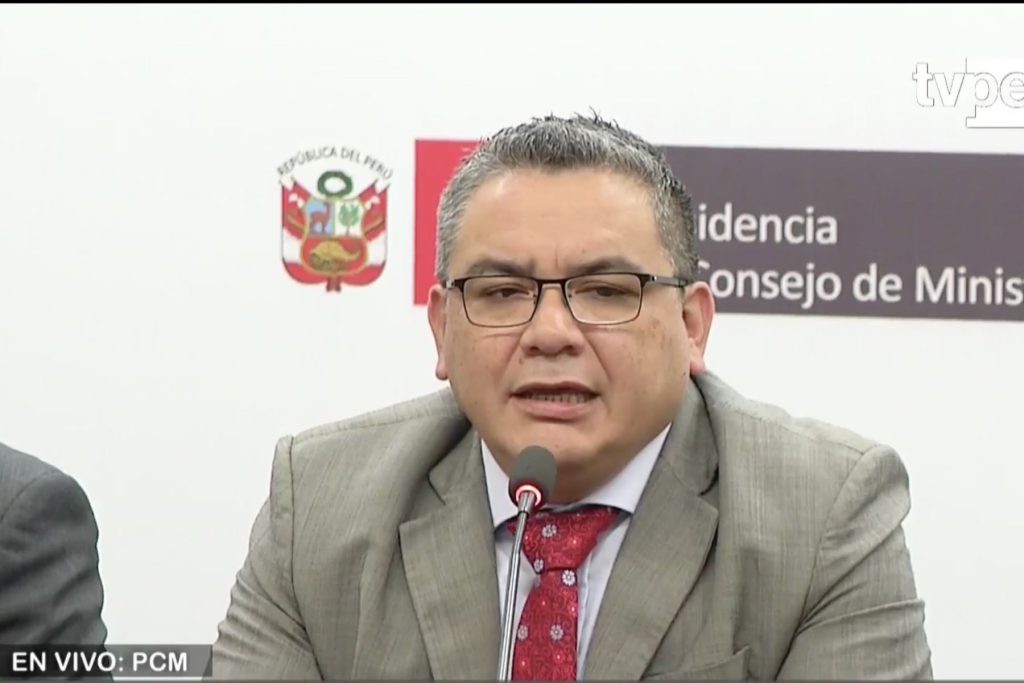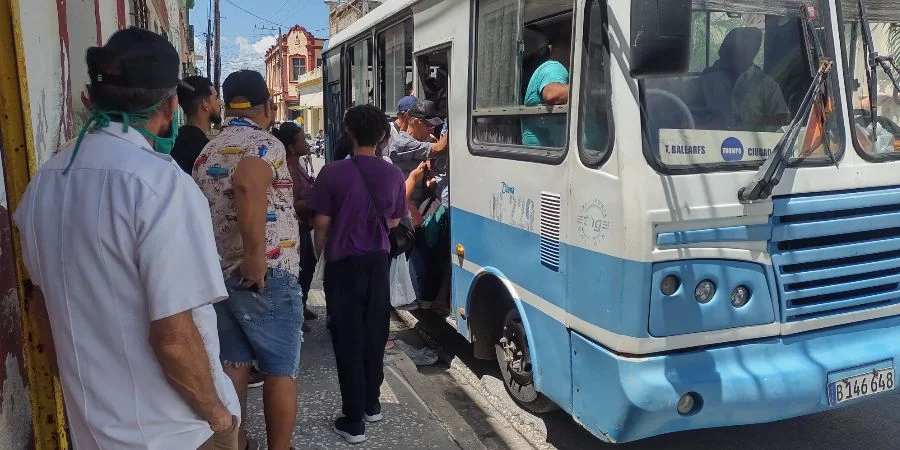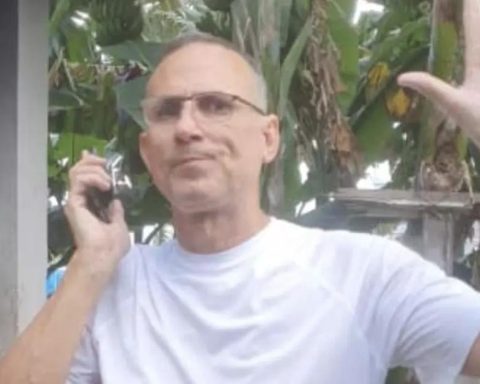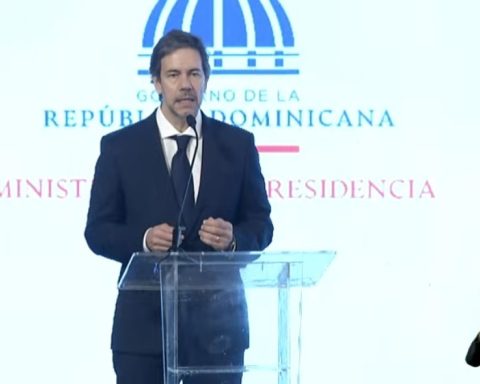Carolina Gomez Mena
The newspaper La Jornada
Sunday, September 15, 2024, p. 12
Members of the National Network of Indigenous and Afro-Mexican Women’s Homes (Camias) have requested that the next federal administration convert the 35 existing spaces in the country, which provide prevention and care for gender violence, sexual and reproductive health, as well as traditional midwifery, among other aspects, into a program with an earmarked budget.
They also pointed out that, with the end of the six-year term just a few days away, they do not know what the situation will be for the Camias, who have been in office for more than 21 years.
Various voices from the CAMI (Rubí Nolasco Cruz, founder of Yoltika, Puebla; Valeriana Nicolás Benito, coordinator of Manos Unidas of Ometepec, Guerrero; María Luz Figueroa Ramón, from Nääxwiin de Matías Romero, Oaxaca, and María Angélica Rodríguez, from Cuetzalan, Puebla) agreed that these spaces do not have sufficient resources to carry out their work in favor of indigenous and Afro-Mexican women.
In an interview with The DayIn the context of the National Political Assembly of Indigenous Women, they explained that the National Institute of Indigenous Peoples (INPI) provides each CAMI with resources ranging from 700 to 850 thousand pesos and up to one million pesos per year.
Although it is heard a lot, it is little
because these spaces provide care to women from six to ten municipalities. The resources are used to pay for scholarships, maintenance services, support, workshops, and training processes in communities and within the Camias.
The INPI gives us a budget, But every year we have to compete with a project. It is not a budget that is labeled or progressive; in my case, it has been the same since 2013, and there are more and more actions and more demand, and unfortunately the violence is getting worse due to different factors. That is worrying, and at this point we are not sure how the Camias will turn out.
commented Nolasco Cruz.
















